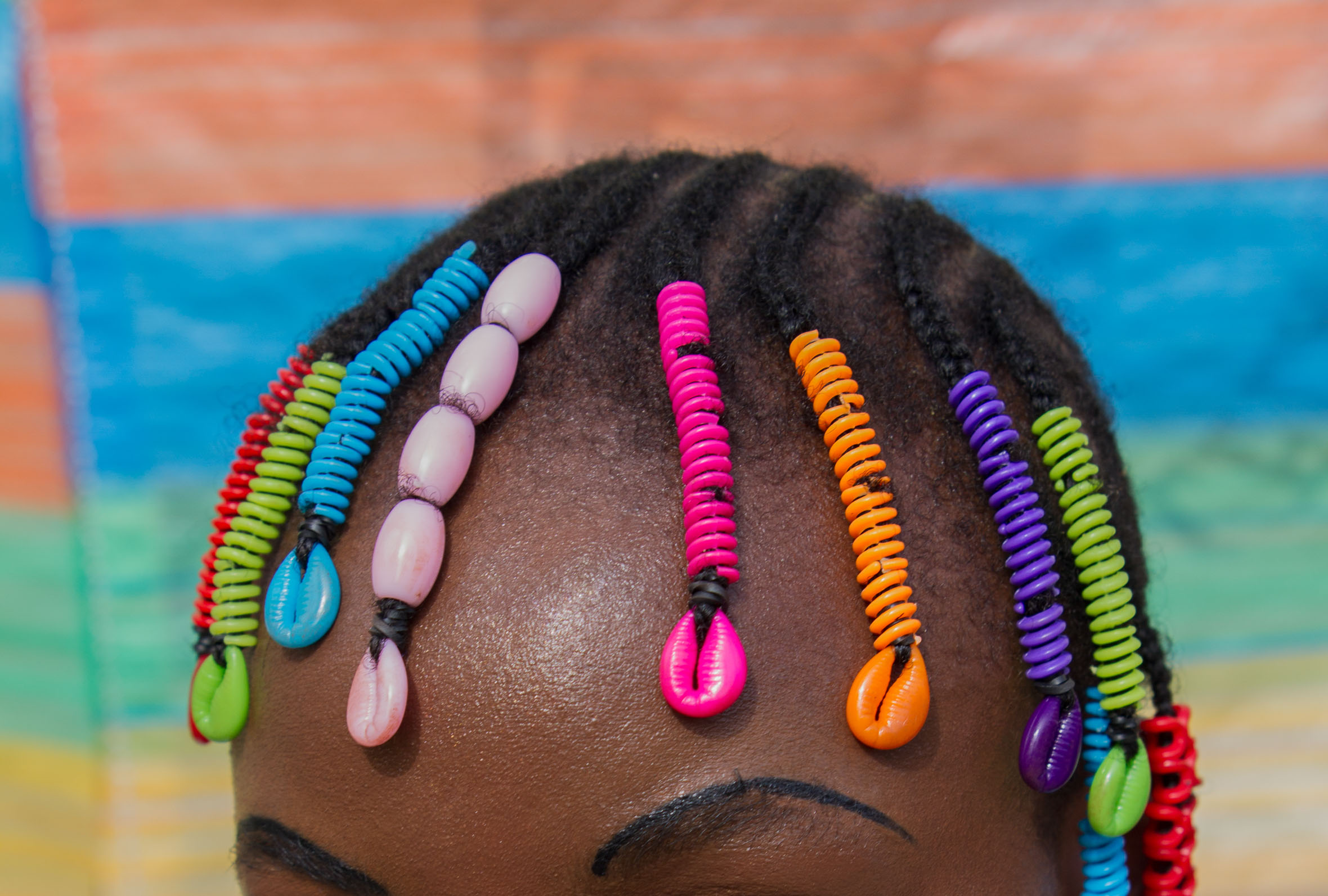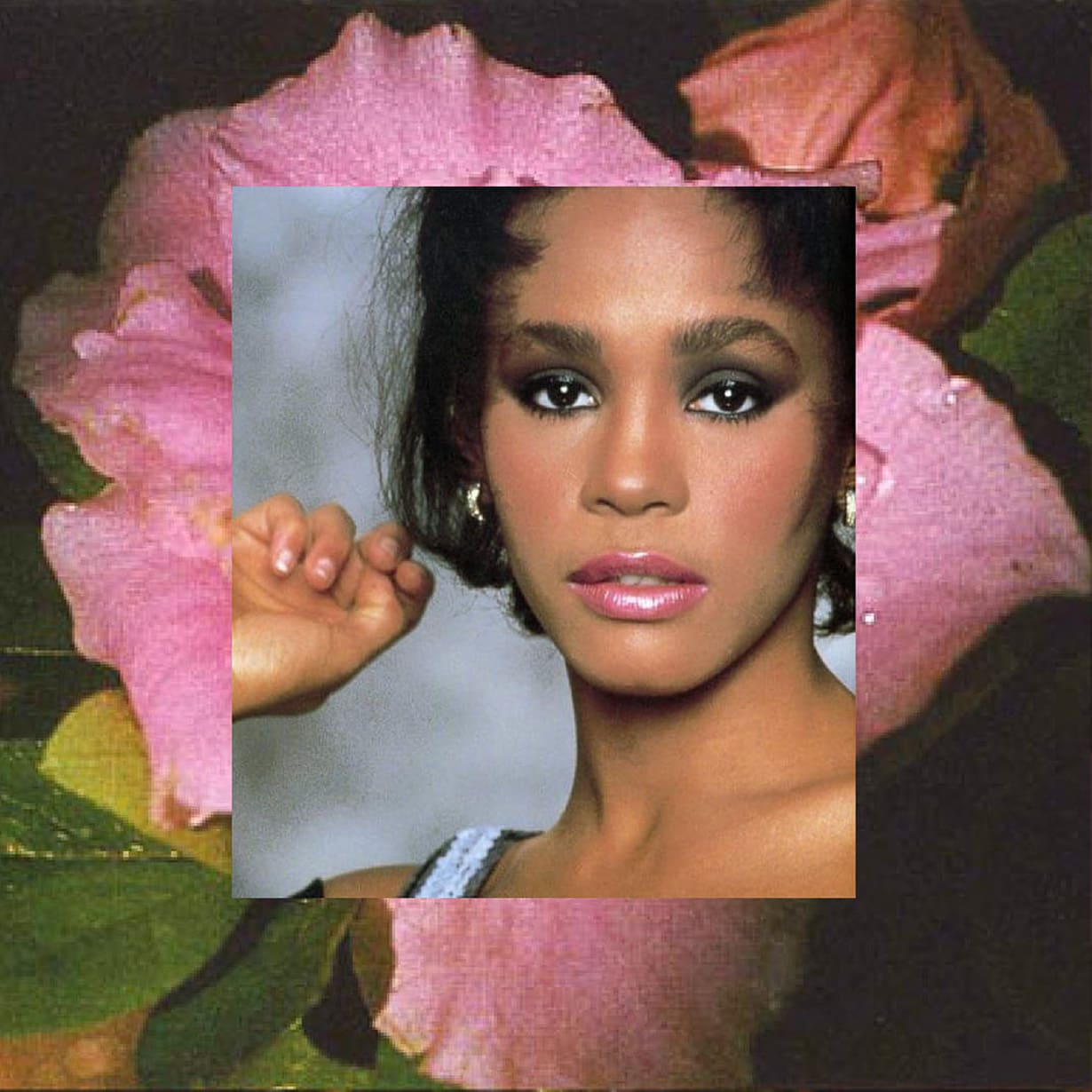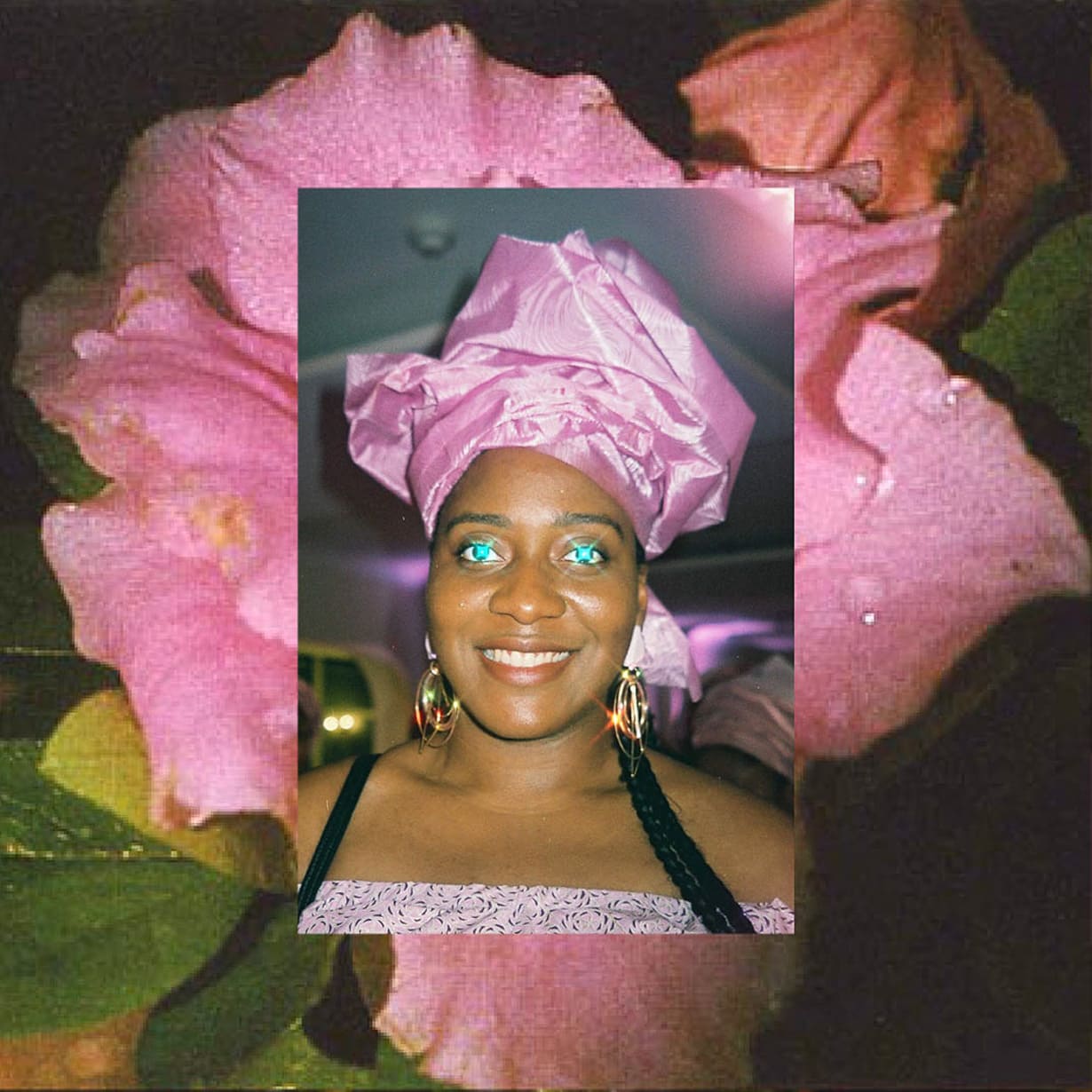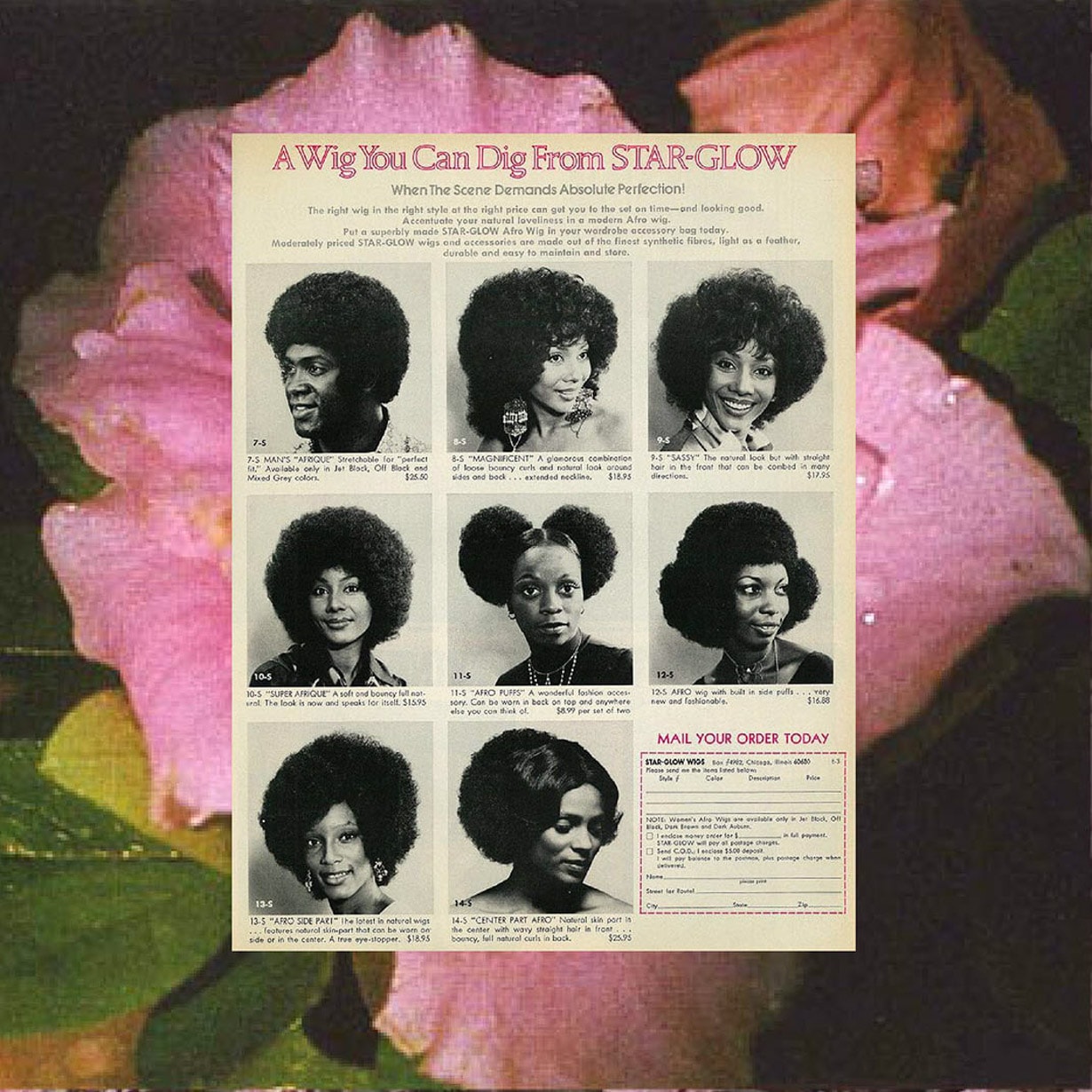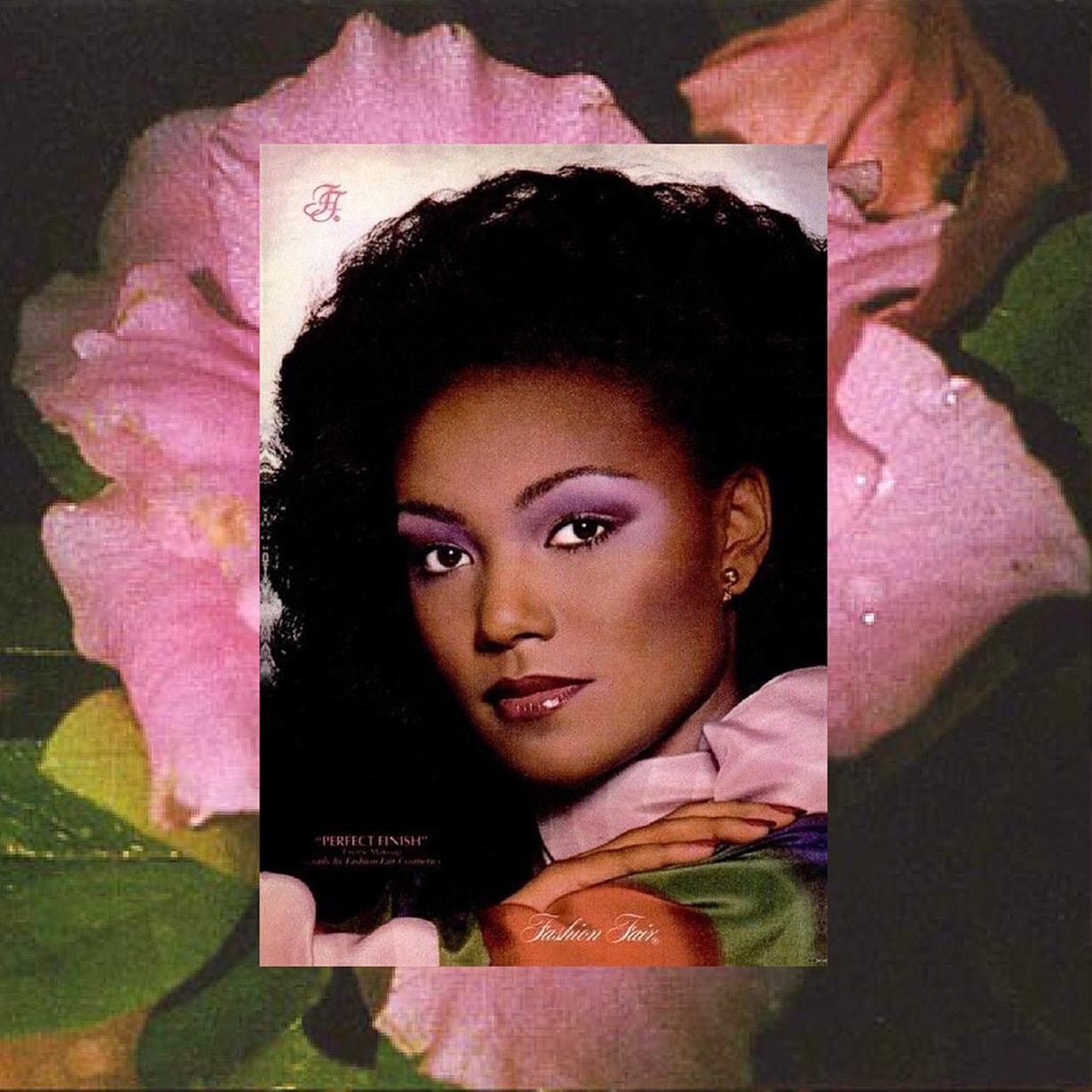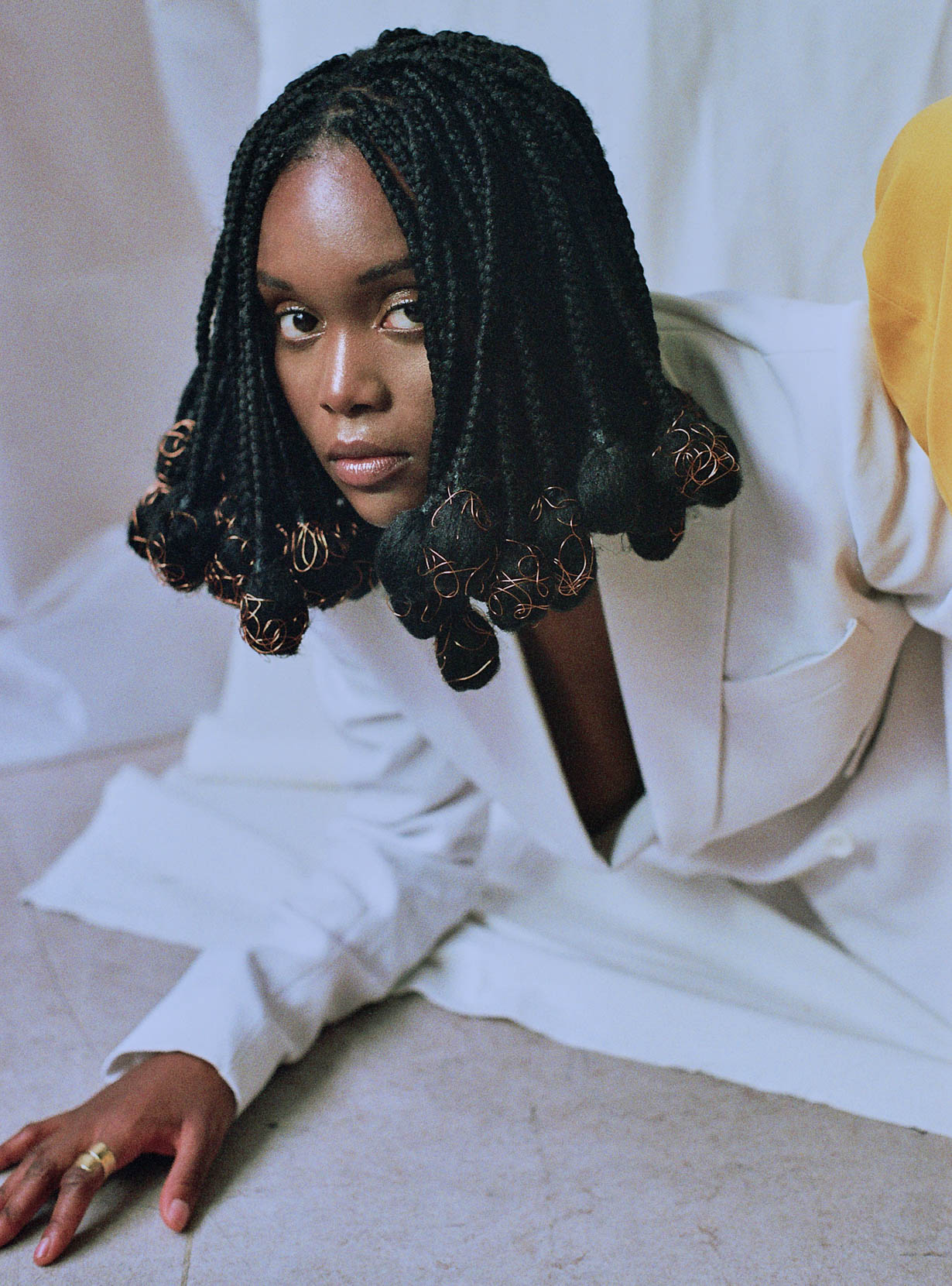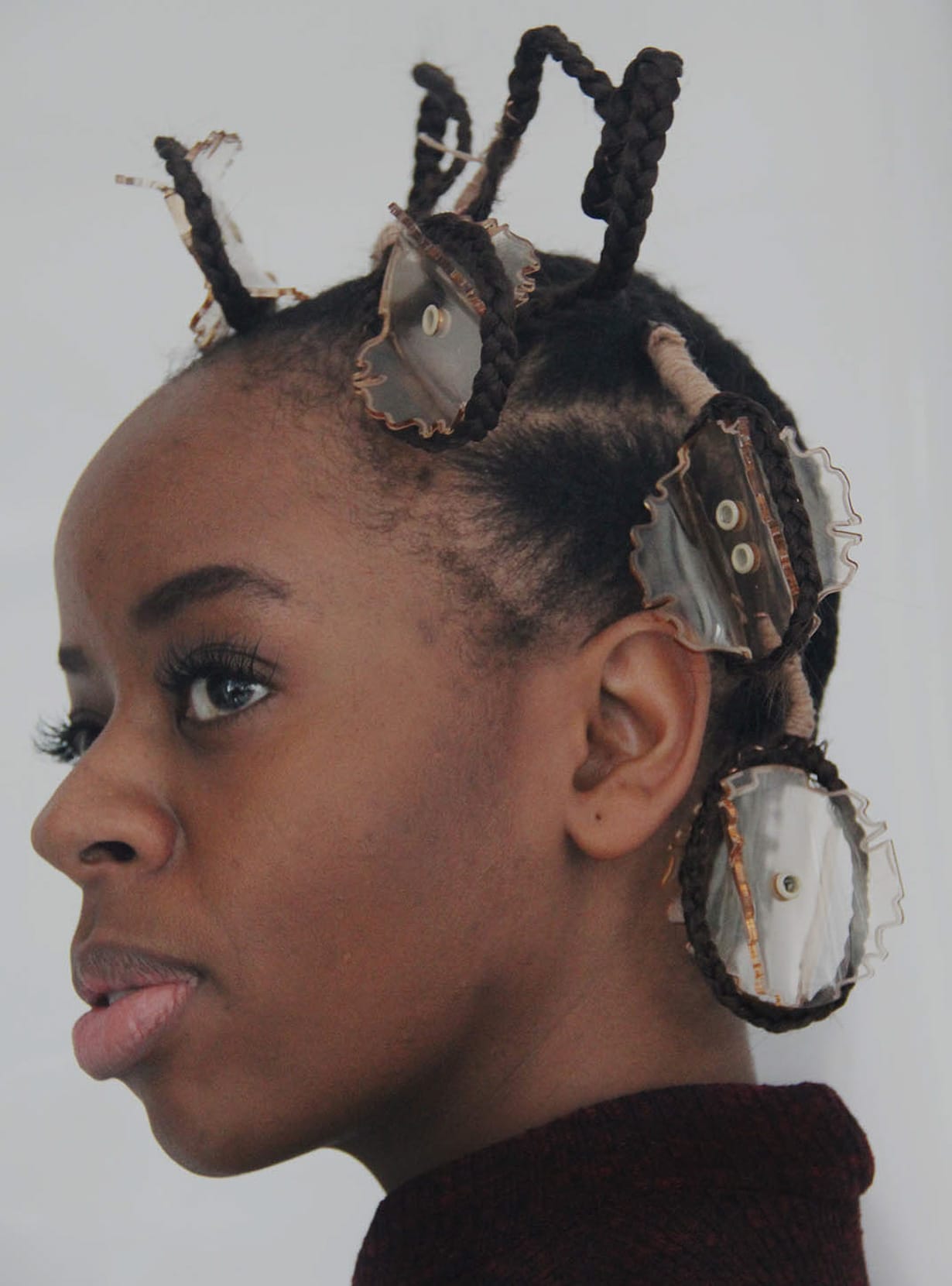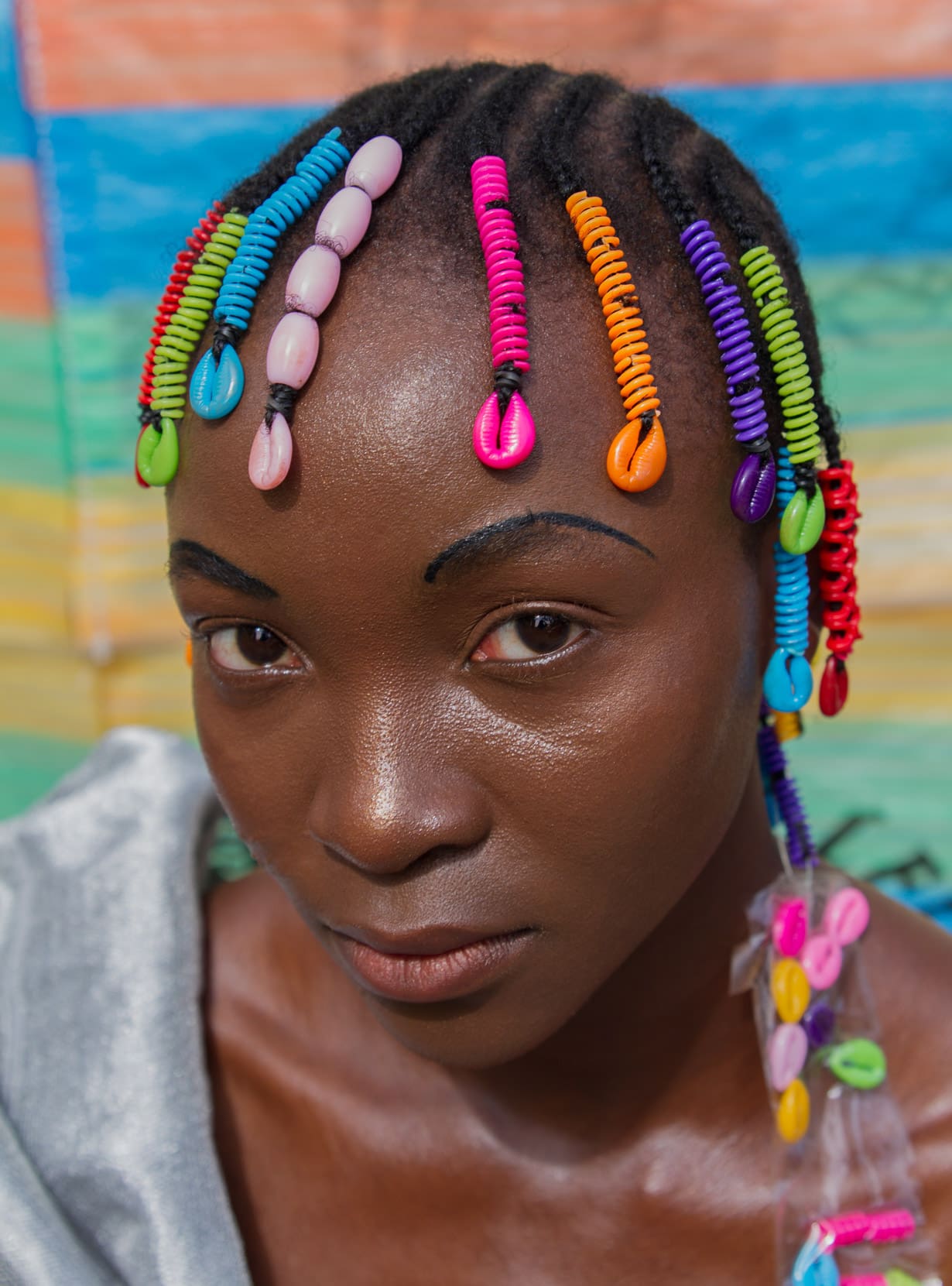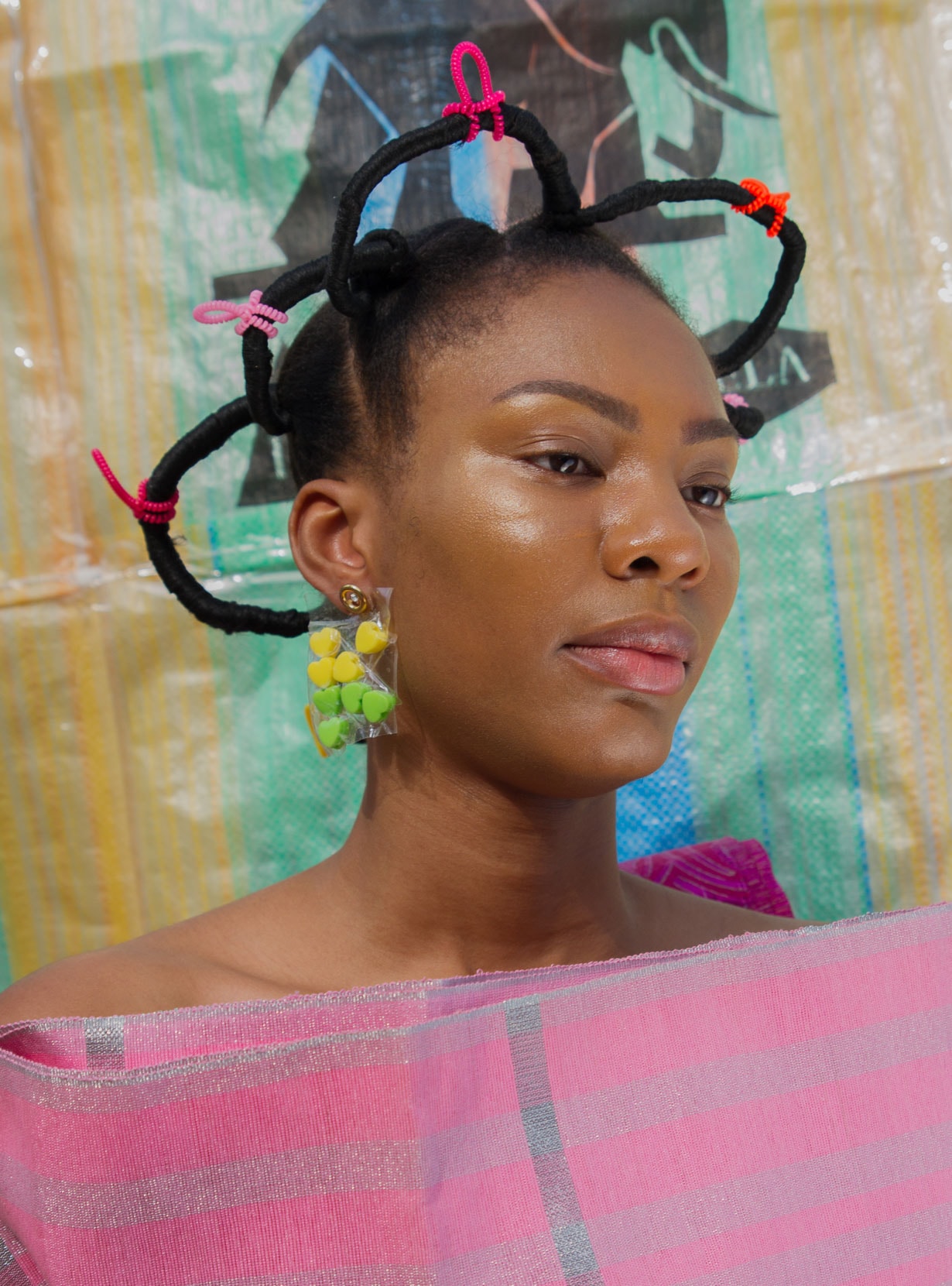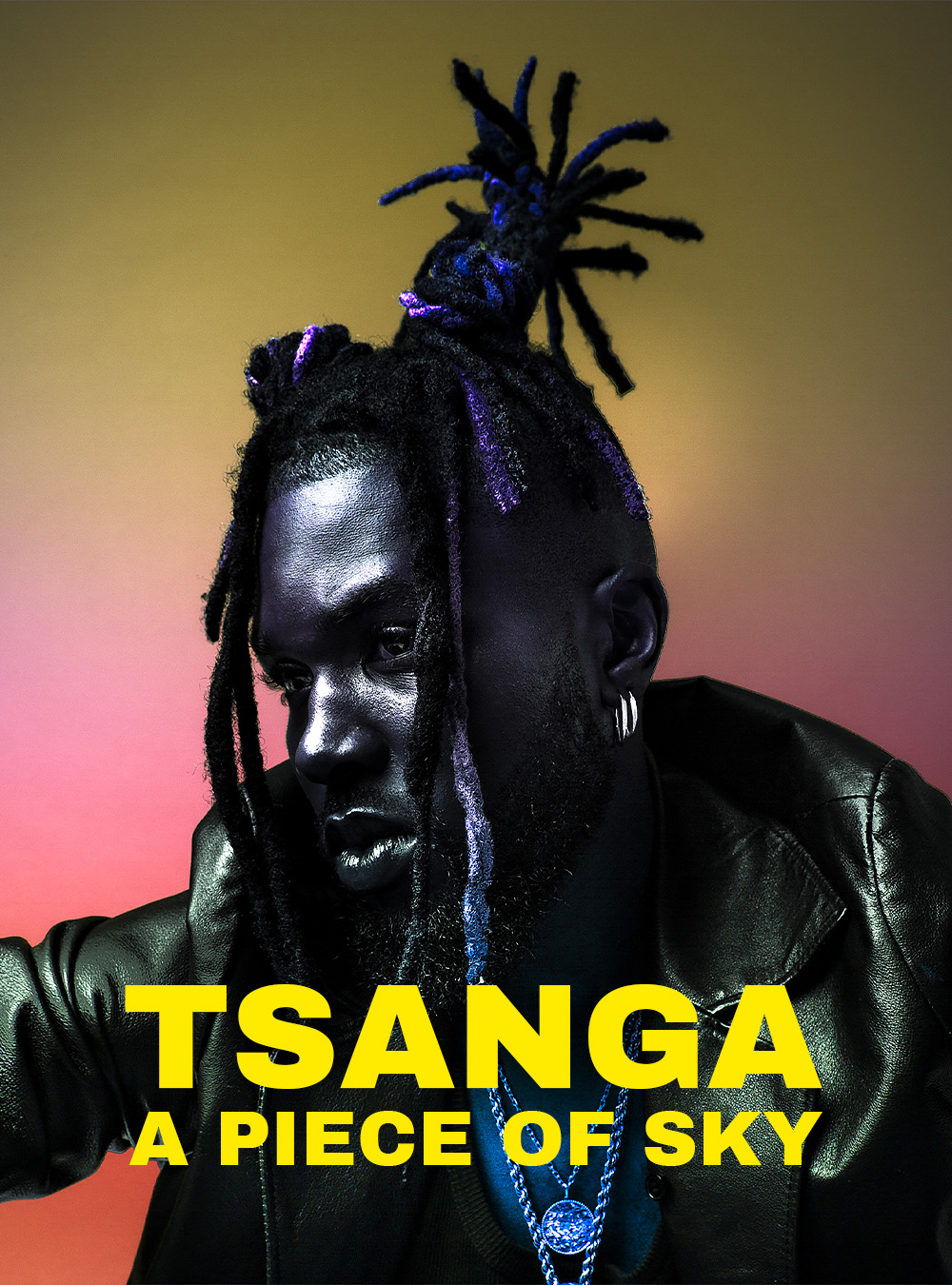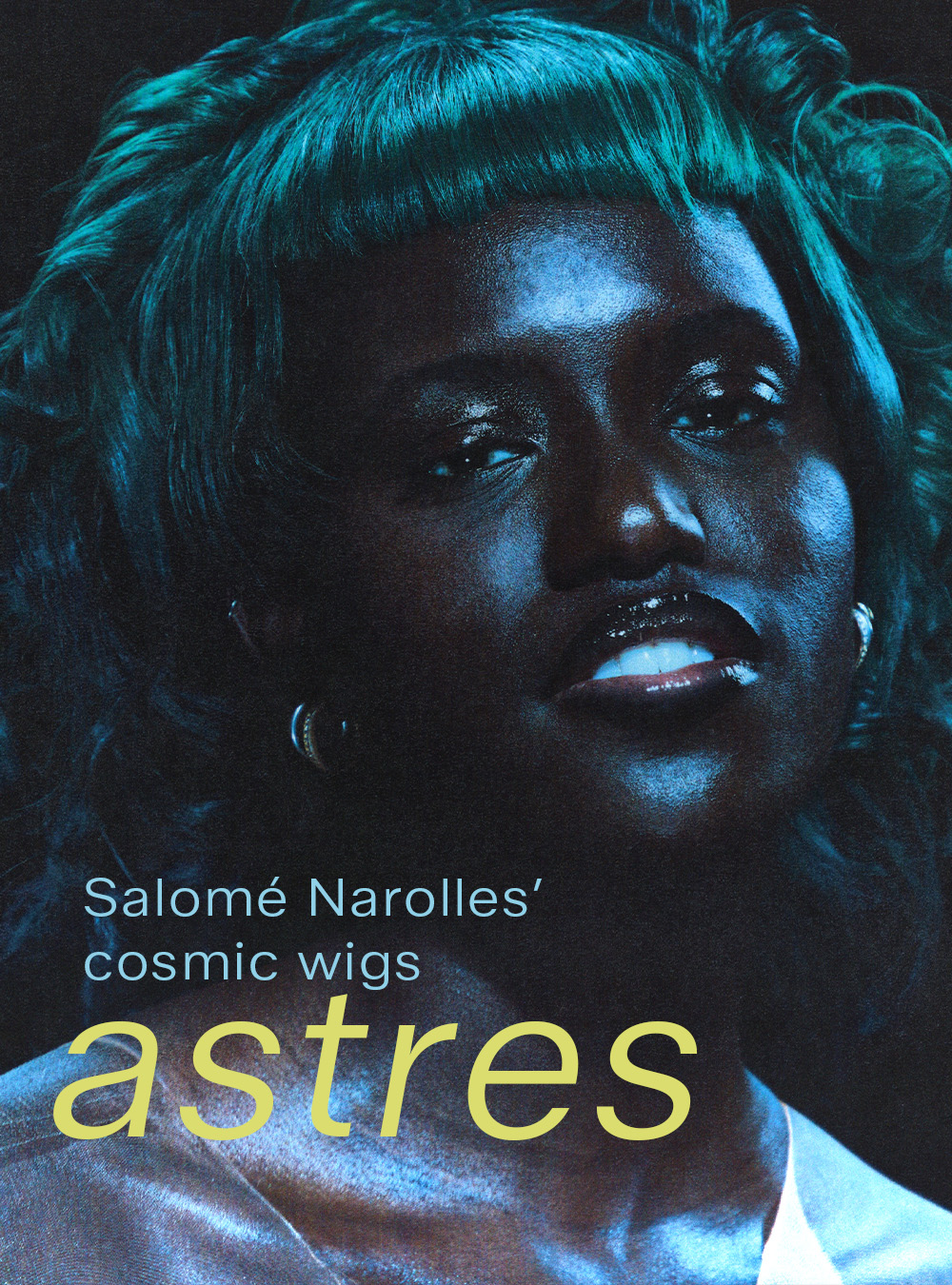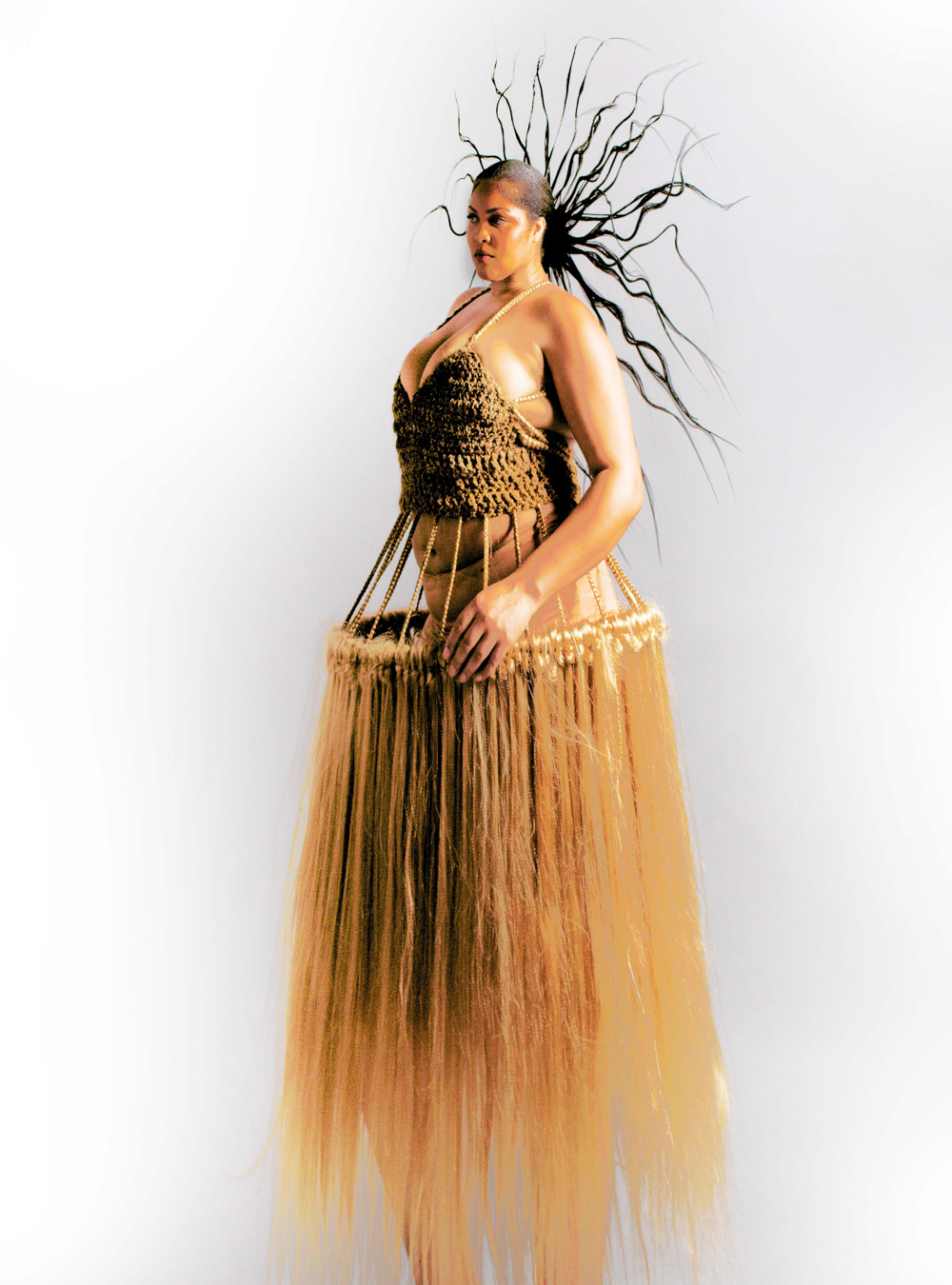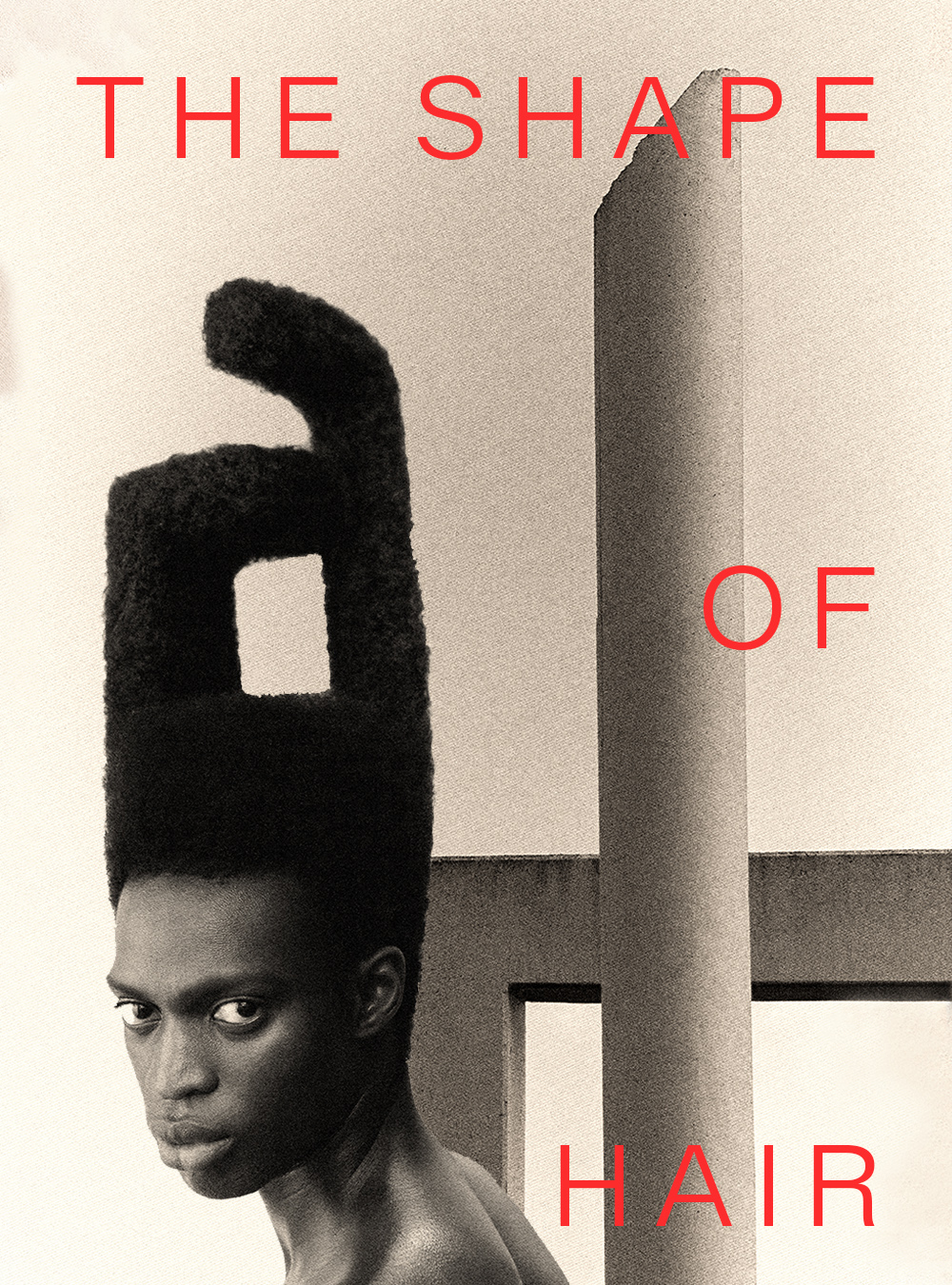PEOPLE: Joy Matashi on her two loves, architecture and hair, and how one informs the other
Images: Becky Hong, Zamani Istifanus, Flora Maclean, Joy Matashi
Interview: Emma de Clercq
Joy Matashi is a multidisciplinary artist whose practice encompasses architecture, graphic design and hair. The Architecture graduate and self-taught hair artist describes braiding hair as “weaving on a human scale”, and her intricate work with hair is the embodiment of how seemingly separate interests or practices can compliment each other, to stunning effect. Matashi, who is currently based between London and the Nigerian capital of Abuja, explains that she approaches the building of a hairstyle in the same way as she would any other physical structure. “I see the head as a foundation for “Small” architecture and the hair that exists as a material to sculpt the style necessary at the time” she says. “The exciting thing about working on a smaller scale is that there’s more room to experiment, change, adapt – the versatility of Black hair is incredible.”
“My desire is that we would continue to reference the origin of black hairstyles, because when we stop referencing we fail to preserve the origin of where these styles came from”
We speak to Matashi about her multifaceted practice, and take a look at Black Girls Love Pink, a personal Instagram project in which she curates sumptuous images of black women, often dressed in various shades of pink, set against delicate floral backdrops.
What first drew you to working with hair? When I was younger it was a luxury to style my hair the way I wanted. My mum would always braid my hair straight back in 10 cornrows – it was either that or Minnie Mouse puffs. I remember the day I first got box braids, I thought to myself, ‘I want to be able to do these myself, and not have to rely on anyone to give me the style I want’.
How would you describe your relationship with your own hair? Has this developed or changed as you became involved in the hair industry? I subconsciously hated my hair looking back, I was never satisfied with how it looked, but maybe that’s because I never felt I had control nor understood how to work with it. Like a new software or machine, I had to ‘learn’ it, which came mainly via experimentation. Through experimentation, I began to include my hair in my daily routine, learning over time what did and didn’t work, taking pictures. Like a plant, it took so long to see any result – it developed a relationship. After stumbling into the hair world, i.e. not following the traditional route of working in a salon or going to beauty school, some may say I lacked technicality, however my connection to hair was informed by experience, experimentation, and the emotive connection to my own hair. It was only as I got more involved in the hair world that I allowed myself to be informed by things other than “hair”.
Black hairstyles have been subjected to relentless politicisation, oppression and policing throughout history, before finally starting to be reclaimed and celebrated for their rich symbolic heritage and beauty. What effect does this have on your outlook when creating, or recreating, braided styles? My desire is to continue to celebrate and reclaim the richness of Black hair, whether braided in a wig, crocheted, shaved, put in the same style consistently etc. My desire is that we would continue to reference the origin of black hairstyles, because when we stop referencing we fail to preserve the origin of where these styles came from.
What inspired you to start your Instagram project Black Girls Love Pink? It’s purely an outlet for me. A response to an obsession of mine to project myself onto images of beauty in a time where blonde hair and blue eyes were or is regarded the ideal. I wanted to further explore black identity and beauty by association of a colour and shade. It’s a scrapbook, a passion project that seeks to collate my ideals of beauty, projecting beautiful black women I admire onto it too. Black Girls Love Pink
- ANTHROPOLOGY OF HAIR
- ANTHROPOLOGY OF HAIR
- ANTHROPOLOGY OF HAIR
- ANTHROPOLOGY OF HAIR
- ANTHROPOLOGY OF HAIR
